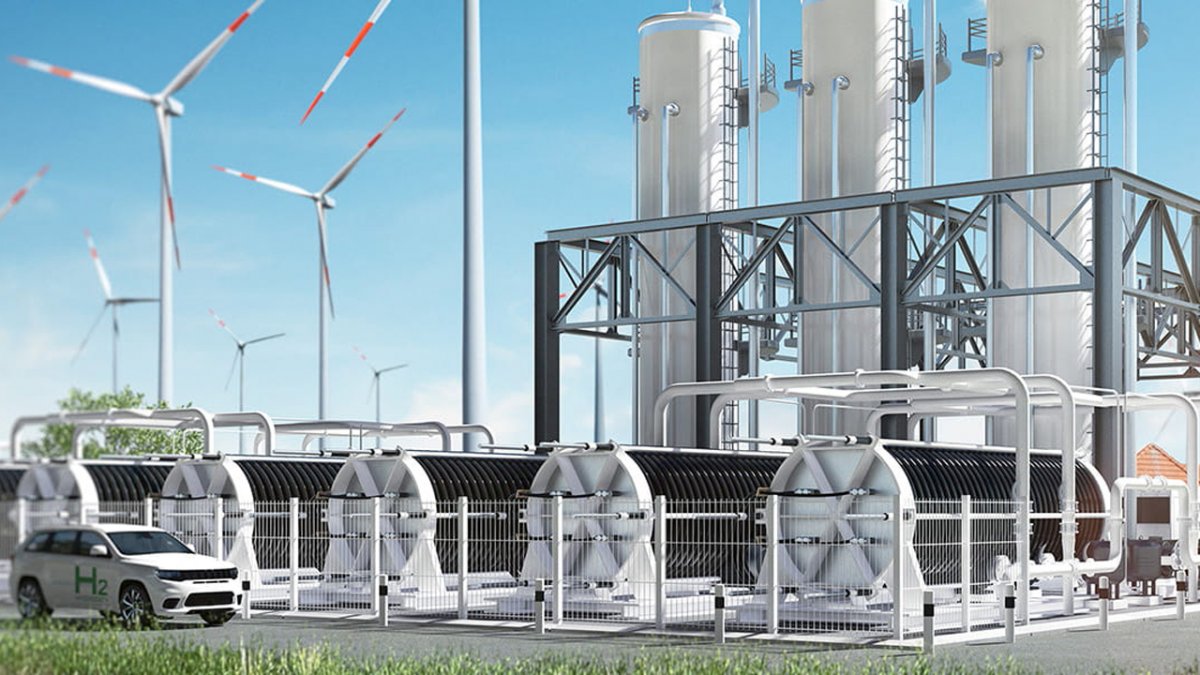Germany Boosts Hydrogen Economy with 4.6 Billion Euro Investment
Key Ideas
- The German government is allocating 4.6 billion euros to 23 hydrogen projects, totaling a 7.9 billion euro investment with additional state and company contributions.
- Projects include a 100-megawatt electrolyzer in Hamburg-Moorburg, hydrogen production, storage facilities upgrades, and the construction of 2000 km hydrogen pipelines.
- Funding waves like 'Hy2Tech' and 'Hy2Use' have preceded the current 'Hy2Infra' wave, emphasizing cross-state clusters and international cooperation in the hydrogen sector.
- The initiative aims to establish a hydrogen core network by 2037, enhance hydrogen imports, and develop an import strategy to foster hydrogen partnerships and corridors.
The German government has announced a significant investment of 4.6 billion euros to support 23 hydrogen projects across the country, focused on production, transportation, and storage infrastructure. This funding, approved by the EU Commission earlier this year and officially sanctioned by the federal government, is part of the 'Hy2Infra' initiative, a series of funding waves to boost hydrogen technologies and applications. Projects like a 100-megawatt electrolyzer in Hamburg-Moorburg and the development of hydrogen pipelines highlight the diverse efforts in the hydrogen sector. These investments, along with contributions from federal states and companies, total 7.9 billion euros, indicating a strong commitment to hydrogen development. The government's emphasis on cross-state clusters, international cooperation, and the establishment of a hydrogen core network by 2037 demonstrates a long-term vision for the hydrogen economy. Additionally, plans for an import strategy for hydrogen and derivatives underscore Germany's proactive approach to fostering hydrogen partnerships and securing a sustainable hydrogen supply chain.
Topics
Electrolyzer
Investment
Funding
Energy Infrastructure
Economic Development
EU Commission
Import Strategy
Transnational Projects
Latest News
